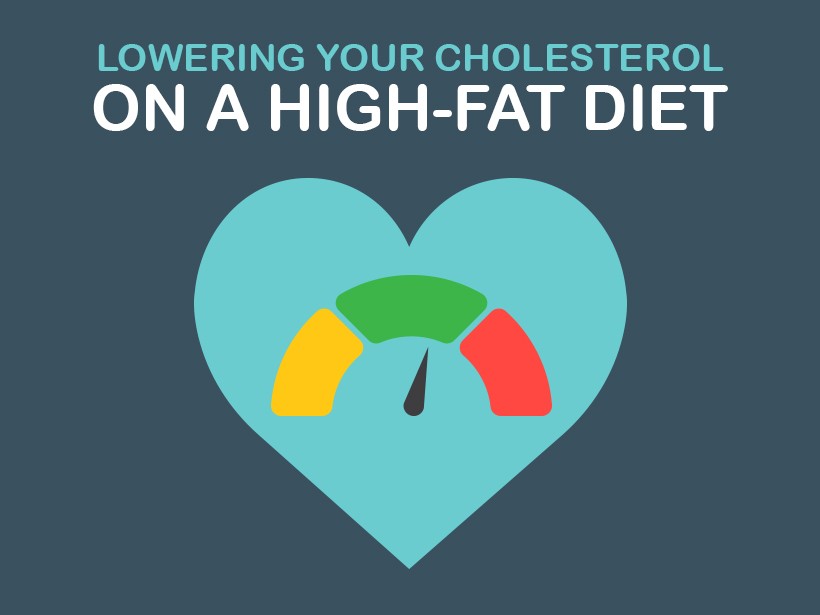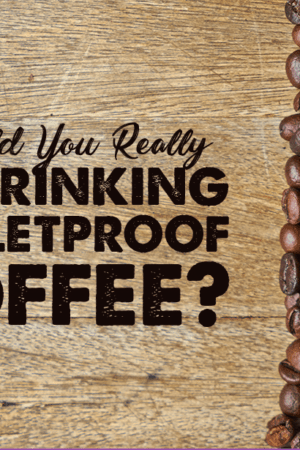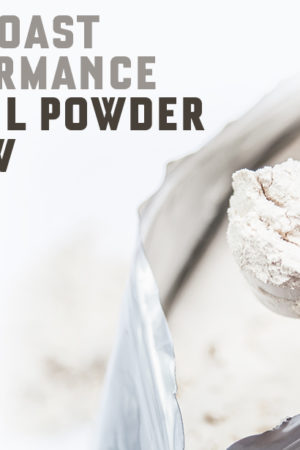The ketogenic diet is healthy, great for losing weight, and scientifically backed. However, one of the cornerstones of a successful keto diet is the incorporation of fats to supplement carbohydrate loss and keep you feeling fuller longer. This doesn't mean that you should be switching to an all-cheeseburger diet; on a ketogenic diet, you'll need to carefully choose your fats to avoid encountering other health problems. Use our guide to help you understand why being picky with your fats is important.
LDL vs. HDL: Interpreting your numbers
One of the biggest things you'll have to worry about when switching to a high-fat and low-carbohydrate diet like the ketogenic diet is your cholesterol numbers. There are two major types of cholesterol that your doctor will check for when you get a blood test. High-density lipoprotein (HDL) is considered the “good” cholesterol and has been shown to work against artery damage. Low-density lipoprotein, sometimes referred to as the “bad” cholesterol, has been found to eventually lead to plaque-coating on the walls of the arteries.1 This can be a cause for concern in the long-term, as consistently high levels of LDL can increase your risk for heart attacks and strokes.2
Many Americans have higher-than-desirable levels of LDL. If your LDL level is reading over 120 mg/dL, you'll want to make changes to your fat sources to lower these levels.
Consider ditching the bulletproof coffee
If you are predisposed to cholesterol problems or a health issue that will be exasperated by high levels of LDL (via family history or a recent development in your health, such as being diagnosed with hypertension), ditching your morning bulletproof coffee is a good first step to lowering your numbers. If you are unfamiliar, “bulletproof coffee” is the term that ketogenic dieters have assigned to the mixture of unsalted butter into a cup of hot coffee as a breakfast replacement. Though the mixture has been purported to keep hunger at bay longer and is certainly a keto-friendly way to take your morning coffee, it is possible that consumption of bulletproof coffee can increase your LDL cholesterol levels. If you are predisposed to high cholesterol, bulletproof coffee may not be the right fit.
If you need to lower your LDL, we recommend ditching the bulletproof coffee and cooking up a fat-friendly breakfast instead.
Switch up your fats
Just like there are “good” and “bad” types of cholesterol, there are also fats that are better for your health than others. If you are looking to lower your LDL cholesterol, you should try avoiding processed trans fats and polyunsaturated fats. Some fats that you should be avoiding include vegetable oils, and processed fats like those included in fast foods and bakery items.
Better choices when it comes to upping your fat intake include olive oil, eggs, coconut oil, red meat, and avocados. To learn more about healthier fats to include in a ketogenic diet, check out this more in-depth guide to fats by Tasteaholics!
Following the ketogenic diet doesn't necessarily mean destroying your cholesterol numbers. By switching to fats that are easier on your body, you'll be able to take full advantage of the benefits of keto without watching your LDL rise!
NUTRITIONAL DISCLAIMER
The content on this website should not be taken as medical advice and you should ALWAYS consult with your doctor before starting any diet or exercise program. We provide nutritional data for our recipes as a courtesy to our readers. We use Total Keto Diet app software to calculate the nutrition and we remove fiber and sugar alcohols, like erythritol, from the total carbohydrate count to get to the net carb count, as they do not affect your blood glucose levels. You should independently calculate nutritional information on your own and not rely on our data. The website or content herein is not intended to cure, prevent, diagnose or treat any disease. This website shall not be liable for adverse reactions or any other outcome resulting from the use of recipes or recommendations on the Website or actions you take as a result. Any action you take is strictly at your own risk.
- What Are Net Carbs? - April 29, 2020
- The Most Comprehensive Keto Alcohol Guide - April 28, 2020
- How to Measure Body Fat Percentage - April 26, 2020































